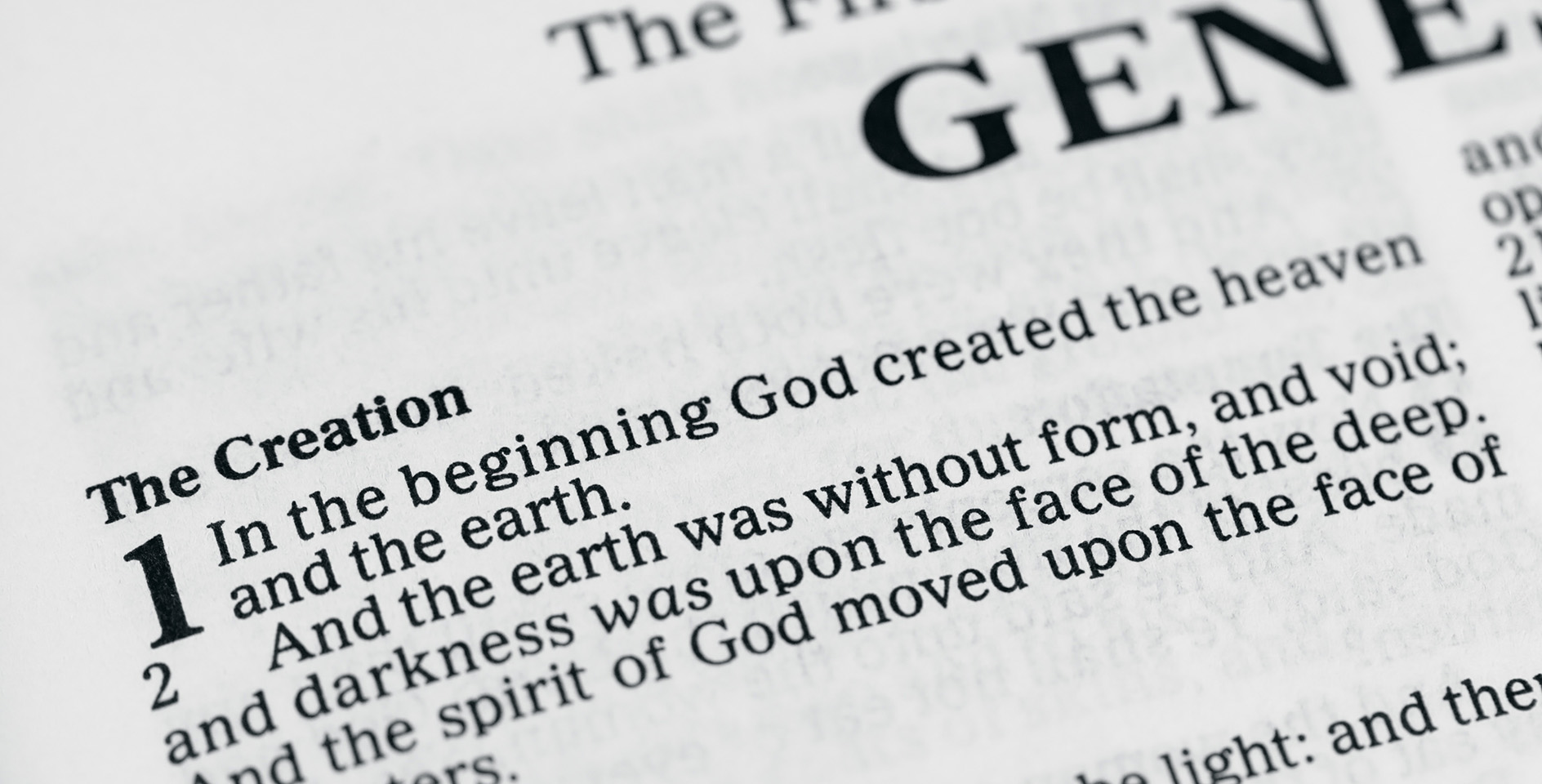Academy Award nominations were announced a few weeks ago, and while many of the nominees may not be the movies most frequently discussed around the water cooler, it’s worth taking a minute to look at the films from 2015 the Hollywood elite deem most deserving of praise.
While the Oscar for Best Picture does not always indicate a movie will hold up under scrutiny in the decades to come, many of the past winners of this top award have taken up permanent residence in our cultural consciousness. Films like “Casablanca,” “The Godfather,” “Rocky,” “Chariots of Fire,” “Schindler’s List,” and “Braveheart,” to name just a few, have with their Oscar wins solidified their place in American history. Many Best Picture nominees do not see top results at the box office, but they offer us something more important than mere entertainment. They offer us a way to enter into, and learn from, meaningful stories.
Many of this year’s top films represent a beautiful feature of good art—the ability to create empathy and inspire change. As Christians, we approach these films with a unique lens that allows us to engage the ideas presented by the filmmakers, identifying the good, lamenting the bad, and recognizing that many of the issues we debate impact individual lives. To that end, we offer a few themes from the films we've seen on the list of 2015 nomination:
- "Spotlight" asks us to search out truth, fight for justice, and care for "the least of these."
- "Bridge of Spies" shows what it means to truly value human life and love one's enemies. This also offers a portrayal of a believer who acts with integrity during the heightened tensions of the Cold War.
- "The Martian" displays the triumph of the human spirit, ingenuity and scientific achievement.
- "The Revenant" is a brutal story told against an unforgiving backdrop. Survival and revenge are the prevalent themes. And yet, if you're looking hard enough, you'll see hints of mercy as well as moments of grace speckled throughout.
- "Mad Max: Fury Road," set in a dystopian future, has several different themes at play in its story. Some of the most prevalent may be hope, self-sacrifice and redemption, as well as the ugliness of sexual slavery and tyranny.
- "Sicario" asks if we can still be good when there's so much evil. It also begs questions about integrity. Are we able to fight evil within the law, or must we fight criminals using their own lawbreaking methods in order to make the world a safer place?
- "Ex Machina" asks what it is to be human. God created mankind in his image, and it was good. Of course, sin marred the image and brought shame. But if man creates in his image, can we expect anything less than Artificial Intelligence that is manipulative, selfish and thirsty for autonomy?
- "Room" shows what a mother’s love looks like under the harshest of circumstances. Masterfully told through the eyes of a child in a way that avoids exploitation, it shows the personal effects of sexual abuse.
- "Inside Out" goes into the complex thoughts and emotions at play within a young girl. It serves to help us better empathize with and consider our children's emotions, instead of casting them off as simply whiney, and it also gives us a glimpse into the reality of this bittersweet world.
- "Creed" deals with the pain of fatherlessness and the struggle to find purpose. It’s also a lesson in considering others and fighting for them.
- "Amy" helps humanize celebrities. This documentary of the late British singer, Amy Winehouse, inspires us to see public figures first and foremost as people—and for Christians, as image-bearers.
There is a beauty in entering a new world through the eyes of masterful storytelling (an art form of which Jesus was a master), and we can appreciate these films just for the fact that this creativity reflects our Creator. But we can also go further. Sometimes we see movies we know others will be talking about, and these are opportunities to engage our neighbors and point them to truth. Yet while not every film is a blockbuster our neighbors will have seen, that doesn’t mean they don’t have merit. As with great literature, music and paintings, we have something to gain personally from great film.
The best stories instruct while they entertain, subtly inspiring change and empathy. When we engage with these messages as believers, we learn more about loving our neighbors, even those with whom we disagree.
This does not mean, as mentioned before, that we accept every message that Hollywood portrays, powerful though they may be. In Art and the Bible, the late Francis Schaeffer wrote that “As Christians, we must see that just because an artist—even a great artist—portrays a worldview in writing or on canvas, it does not mean that we should automatically accept that worldview. Good art heightens the impact of that worldview, but it does not make it true.”
Indeed, films like the ones listed above allow us to appreciate beauty and identify truth, while also examining faulty ideas and proposed empty solutions to our greatest needs as humans. Many films expose the desperation of image-bearers unknowingly searching for a Savior. As believers, we can walk away from these movies with a greater understanding of the struggles of those unlike us, while also knowing our greatest need is universal.











